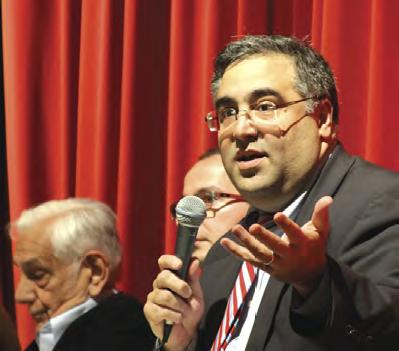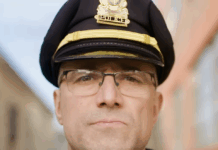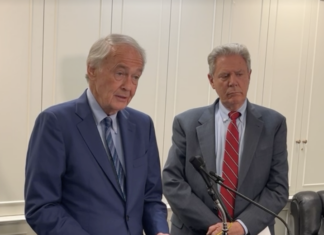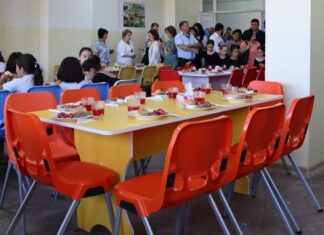
By Thomas C. Nash
Special to the Mirror-Spectator
WATERTOWN,Mass. — A symposium dedicated to exploring the next steps for the recognition of the Armenian Genocide saw both unity and disagreement last Thursday, with four panelists sharing four differing opinions on how the movement should proceed.
The panel discussion, held at the Armenian Cultural and Educational Center on May 12, was jointly sponsored by the Armenian General Benevolent Union Young Professionals (AGBU-YP) Boston and the Armenian Revolutionary Federation (ARF) Sardarabad Gomideh, in a first collaboration of its kind locally.
The panel featured participants from fields ranging from academia to political advocacy, including Aram Hamparian, executive director of the Armenian National Committee of America; Marc Mamigonian, director of programs at the National Association for Armenian Studies and Research; Michael G. Mensoian, professor emeritus of political geography at the University of Massachusetts, Boston, and Khatchig Mouradian, Armenian Weekly editor and PhD student at Clark University.
A fifth panelist, Bryan Ardouny, executive director of the Armenian Assembly of America, was unable to attend.







